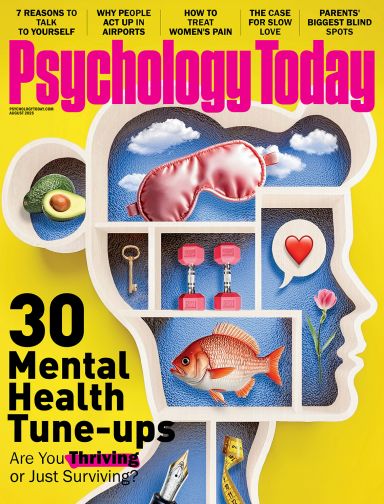Stress generally refers to two things: the psychological perception of pressure, on the one hand, and the body's response to it, on the other, which involves multiple systems, from metabolism to muscles to memory. Some stress is necessary for all living systems; it is the means by which they encounter and respond to the challenges and uncertainties of existence. The perception of danger sets off an automatic response system, known as the fight-or-flight response, that, activated through hormo...| Psychology Today
From eccentric and introverted to boisterous and bold, the human personality is a complex and colorful thing. Personality refers to a person's distinctive patterns of thinking, feeling, and behaving. It derives from a mix of innate dispositions and inclinations along with environmental factors and experiences. Although personality can change over a lifetime, one's core personality traits tend to remain relatively consistent during adulthood.| Psychology Today
Boredom is at once both easy to identify and difficult to define. A small but growing collection of scientists have devoted their research to boredom, and some conceive of the state as a signal for change. Boredom indicates that a current activity or situation isn’t providing engagement or meaning—so that the person can hopefully shift their attention to something more fulfilling.| Psychology Today


